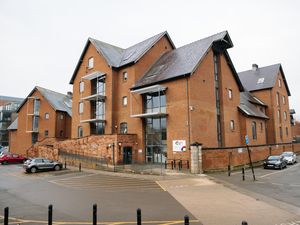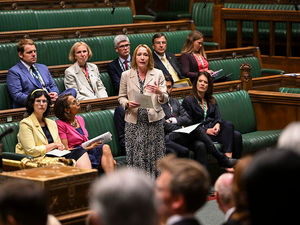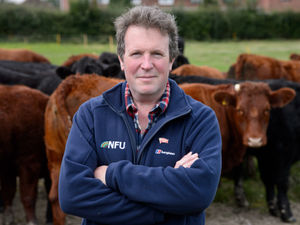Craven Arms bird sheds refused again on appeal
Hopes to build chicken sheds to house hundreds thousands of birds near a Shropshire village have been scuppered once more.
A government planning inspector has thrown out an appeal to build four sheds, to hold up to 216,000 birds, at Heath Farm in Hopton Heath, near Craven Arms.
The application at Heath Farm was refused by Shropshire Council's south planning committee in October 2015 but owners Bedstone Growers appealed to the national planning inspector in an attempt tot get the decision overturned.
But now inspector Rosalyn Kirby has upheld the decision of Shropshire councillors, stating that the poultry sheds would result in "significant harm" to the living conditions of nearby residents.
The development was doubly controversial as planning permission was actually granted in December 2014, only to be quashed following a judicial review raised by local residents.
Bedstone Growers them simply resubmitted the plans for another look, which Shropshire Council officers allowed as the High Court had only quashed the granting of the plans due to a procedural error, as Natural England had not formally withdrawn an earlier objection to the plans they were approved – though Natural England later did.
But on the second look councillors decided they would not pass it again, citing the risk of polluting the nearby River Clun – a habitat for the rare freshwater pearl mussel protected by European law – was too great.
That was not why Ms Kirby dismissed the appeal, however.
In her report, she said: "The Council is concerned that a breakdown in control measures on the site, including exceptionally wet weather, fire or increased levels of ammonia would be likely to lead to pollution from the site having an adverse effect on the River Clun catchment area.
"Whilst noting these concerns, I have not been provided with examples of other sites to substantiate this matter, or indeed provided with evidence of the likely probability of such a breakdown occurring."
She said the visual impact and possible impact on tourism were also not enough to outweigh the economic benefits of the enterprise
The reason she upheld the refusal was more to do with the impact on lives of nearby residents, she said.
She said: "I have found that there would be economic and social benefits associated with the proposal . I have also found that the noisy activities on the site would result in significant adverse effects on the peace and tranquillity of
this attractive area of countryside, in conflict with development plan policies and national planning policy.
"Further harm would be caused to the living conditions of nearby occupiers as a result of noisy activities on the site and in the surrounding area. This harm would be significant.
"In this case, I find that it demonstrably outweighs the benefits of the proposal," she said.




